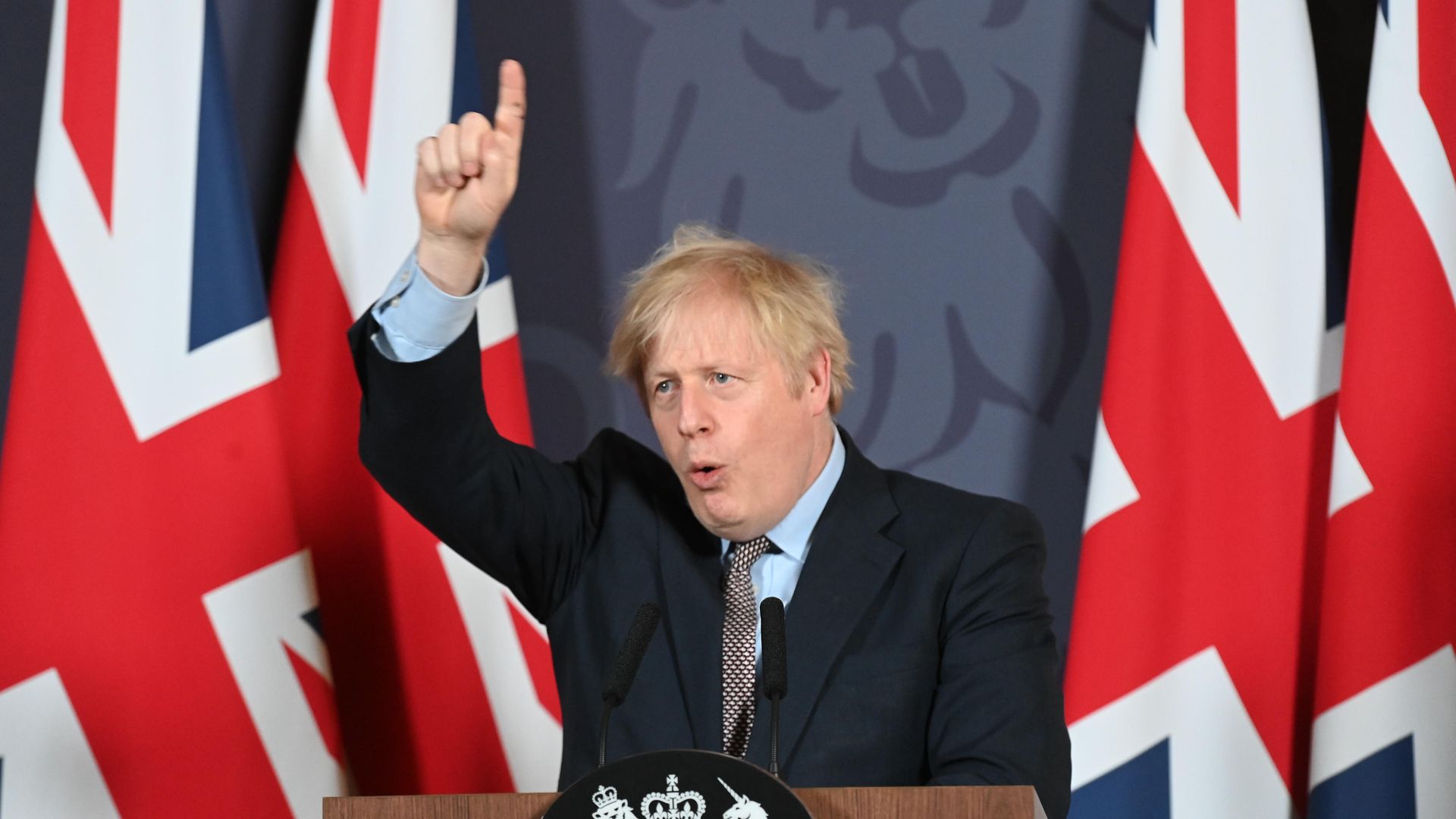
Readers have their say on how to fix Britain after Brexit.
I think Ian Dunt’s list has some excellent ideas (“15 ways to fix Britain”). However, I take exception to the idea that the only issue with British ‘citizenship’ is its prohibitive cost for new applicants.
The fact is, that having now ceased to be a citizen of Europe (losing all the rights and protections this status afforded me) through no fault of my own and against my wishes, I am once again a subject of Her Majesty the Queen. Citizen in name only.
This fundamental difference, truly a reflection of the ongoing feudal division in British society, is what needs to be fixed and urgently.
As a British citizen in name only I cannot appeal to any charter of rights.
The government will not give a straight answer as to whether it plans to repeal the ECHR although its stated aim is to develop a bill of rights, at some future date.
I would appreciate an in-depth examination of this issue in your magazine to highlight the differences between being a European Citizen, versus a UK citizen.
Jim Lewis
Surely Ian Dunt could have found space for a way to accelerate to a carbon-neutral economy. Not a single one of his otherwise thought-provoking “15 ways…” will have the slightest relevance to our grandchildren if we leave them a planet in tatters.
Of course addressing climate change would need much closer international co-operation and agreement, especially with our closest neighbours. Perhaps that’s something your paper might be interested in promoting!
Garfield Kennedy
Shepton Mallet, Somerset
I’m sorry, but too many of Ian Dunt’s ideas haven’t been thought through and would probably be disastrous. Universal basic income would destroy the incentive to work in lower paid jobs, that most of us have had to do at some time. There’s actually nothing wrong with working at (say) McDonalds – and getting experience of workplace discipline and teamwork, a credit record and the start of a working CV.
Revaluing council tax according to recent house prices might be good for town hall fat cats, but would be bad for everyone else except the genuinely wealthy. My parents worked and saved all their lives (they never took holidays) to eventually live in one of the best areas on the south coast on their state pensions. Savings and investments have become an almost impossible jungle for many, so let’s not rip up the one outstanding success where ordinary people can still climb the property ladder and enjoy the fruits of their labour.
Mark Sullivan
Bournemouth
Ian Dunt does not cite the removal of fee paying primary and secondary education as one of his ways to fix Britain.
Wealthier parents being able to access better resourced education for their children also narrows their children’s circle of friends, foreshortening their view of society. It is the keystone supporting the arch of privilege, inequality and division.
Of the five Conservative leadership contenders in the televised debate only one attended a state school while two were Old Etonions. One is now prime minister.
It is perhaps illustrative of the limited intentions of R.A. Butler’s 1944 Education Act that his great nephew is now the leader of the established church.
The way to fix this and actually achieve Tony Blair’s “education, education, education” is by “taxation, taxation, taxation”.
Dave Hayward
Kenilworth
Those who advocate legalising drugs could be in danger of forgetting what we used to have. Conan Doyle’s Sherlock Holmes story “The Man With The Twisted Lip” vividly describes what may once have been a common sight: “Isa Whitney… was much addicted to opium. The habit grew upon him, as I understand, from some foolish freak when he was at college; for having read De Quincey’s description of his dreams and sensations, he had drenched his tobacco with laudanum in an attempt to produce the same effects.
“He found, as so many more have done, that the practice is easier to attain than to get rid of, and for many years he continued to be a slave to the drug, an object of mingled horror and pity to his friends and relatives. I can see him now, with yellow, pasty face, drooping lids, and pin-point pupils, all huddled in a chair, the wreck and ruin of a noble man”.
Phil Jones
Bourne End, Bucks
I agree with all of Ian’s “15 ways”, but would like to add a few comments…
The current exam system needs to be reformed. So much of GCSEs and A-levels test a student’s ability for short term memorisation and regurgitation of facts, without necessarily measuring his/her underlying skills or deeper understanding of the topic. Exams could be replaced by regular assessment of their progression in a subject, with them able to move on to the next appropriate stage when and if they’re ready.
The article was interesting reading. Wouldn’t the country be transformed if we could get even some of those fixes introduced!
Sue Brodie
Whilst Ian Dunt raises some interesting points, I wonder how long it will be before Britain is ready to face up to the truth? The truth that Britain is a densely populated country that physically cannot be a nation of individuals.
Mr Dunt touches on transport within his list, but the fact remains that Britain’s roads are among the most abysmal for volume in Europe. The British need to face up to this, and then get out of their motorcars, and instead of ducking away from each other, become more neighbourly.
So that the car will no longer be deemed essential for independence, but that it will be viewed as a matter of shame within families to have more than one in the driveway.
Geoffrey Taylor
Gloucester
With every point in this article I couldn’t agree more. In fact I agree with all of Ian Dunt’s articles. No other writer can explain with such eloquence and deep knowledge the lunacy and absurdity of Brexit and on many other issues. I am a devoted fan.
Gioia Meller Marcovicz
• Have your say by emailing theneweuropean@archant.co.uk. Our deadline for letters is Tuesday at 9am for inclusion in Thursday’s edition. Please be concise – letters over five paragraphs long may be edited before printing.









